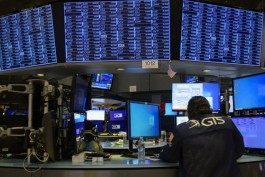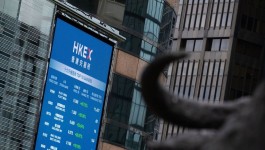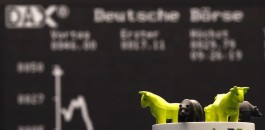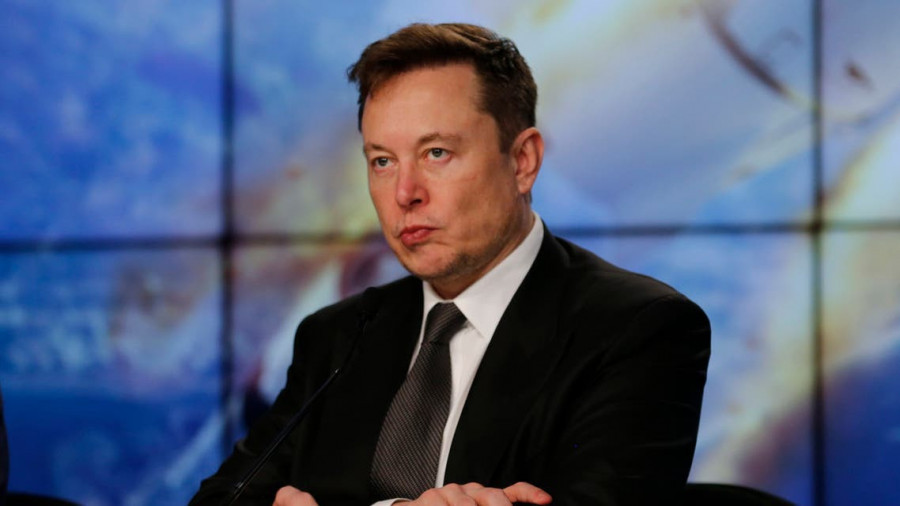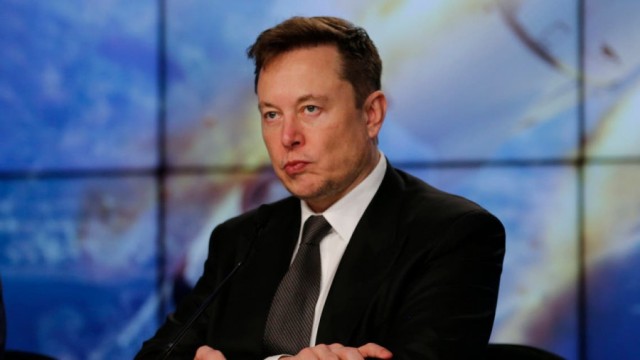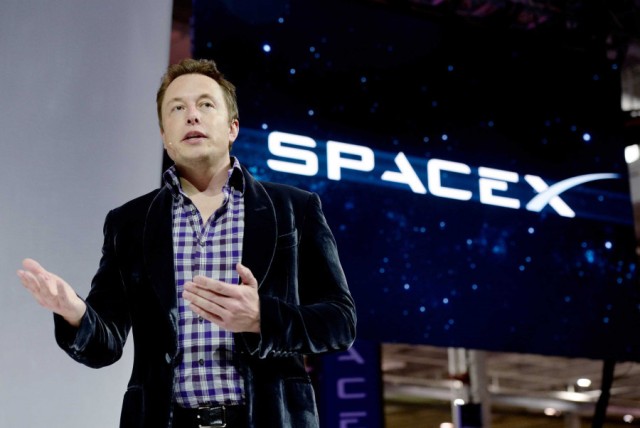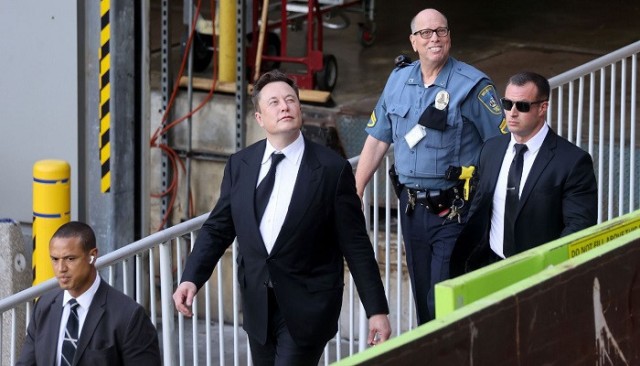Tesla CEO Elon Musk expects the current semiconductor crisis to end by 2022, and considers it a short-term problem.
According to Arab Net, Musk said at a technology conference in Italy that was broadcast on the Internet: There are a lot of chip manufacturing plants that are being built and I think we will have a good capacity by next year.
While Musk did not elaborate on specific plants, heavyweight chip companies Intel and TSMC have announced plans to build new plants in the United States, but they won't be operational for several years .
Glenn O'Donnell, deputy director of research at Forrester Consulting, believes the shortage could continue into 2023.
As demand will remain high and supply will remain constrained, we expect this shortage to continue through 2022 and into 2023, he wrote in a blog in April.
The global chip shortage has had a major impact on a wide range of industries, but the auto sector has been hit particularly hard. Big names in the industry such as Ford, Volkswagen and Daimler have been forced to suspend production at various times and lower their manufacturing targets as a result of chip shortages.
Effect on Tesla
During the company's first-quarter earnings, Musk said Tesla had some supply chain issues, before moving on to citing a chip shortage, which he referenced in second-quarter earnings.
Consulting firm AlixPartners forecast this week that the chip shortage will cost the auto industry $210 billion in revenue this year alone.
Alex Partners global co-leader, Mark Wakefield, said: Of course, everyone was hoping that the chips crisis would recede more now, but unfortunate events such as the renewed Corona closures In Malaysia and continuing problems elsewhere have only made matters worse.
Semiconductors are used by automakers for everything from power steering and brake sensors to entertainment systems and parking cameras. The smarter the cars, the more they are used.
In 2019, Tesla began producing cars with custom AI chips that help embedded software make decisions in response to what's happening on the road.
Musk said in July that production of Tesla's Powerwall product, a home battery backup, was behind schedule due to a lack of chips.
















